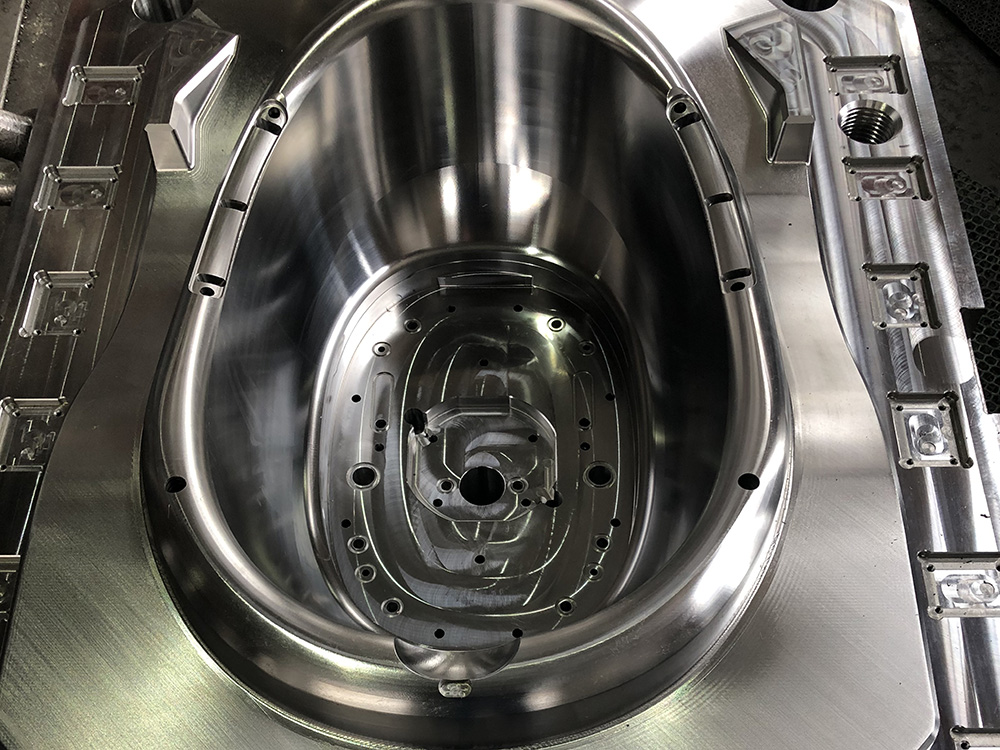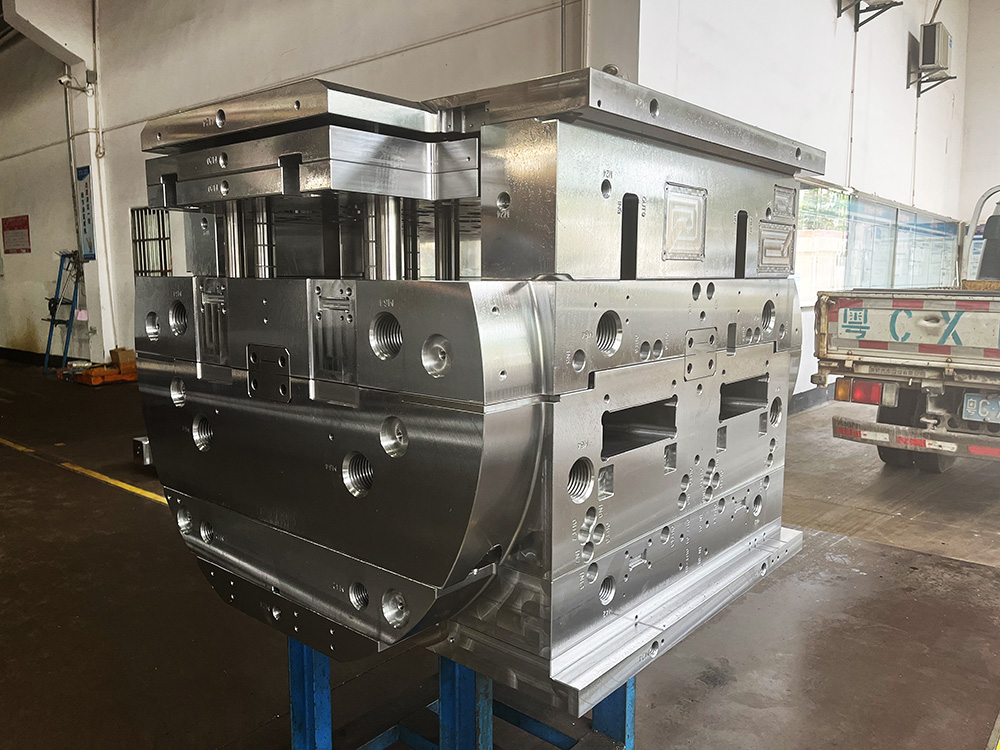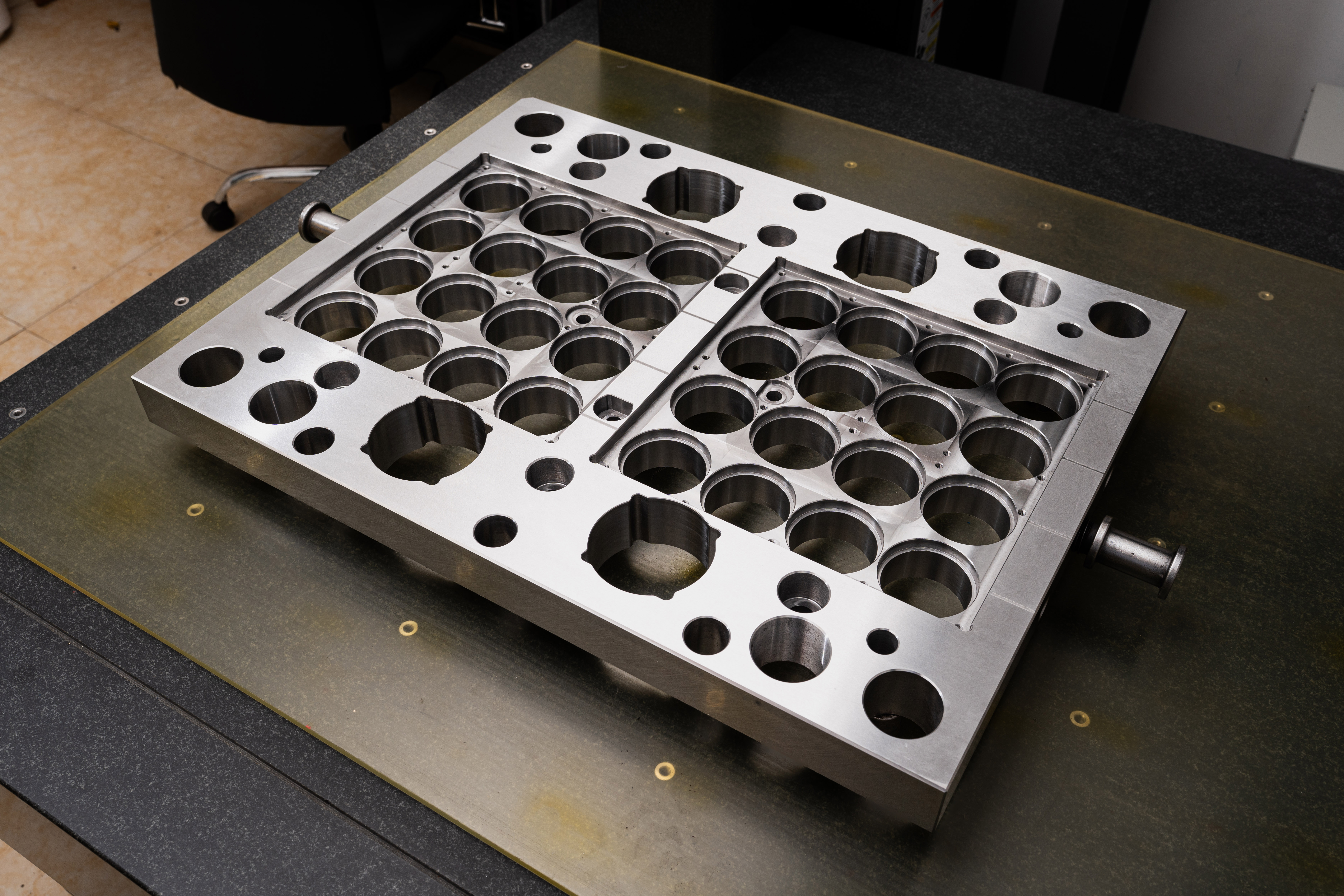Suitable Materials for Vehicle Chassis in the Mold Base Industry
A vehicle chassis plays a crucial role in providing structural support and stability to the entire vehicle. It is the framework upon which the vehicle's components and body are mounted. Choosing the right materials for a vehicle chassis is of utmost importance as it directly affects the vehicle's performance, safety, and durability. In the mold base industry, several materials are considered suitable for constructing a vehicle chassis.
Steel
Steel is widely used in the automotive industry due to its excellent strength and durability properties. It offers high tensile strength, impact resistance, and torsional rigidity, making it an ideal material for a vehicle chassis. Steel chassis provide superior stability, structural integrity, and protection to occupants in the event of a collision. Different grades of steel, such as high-strength low-alloy (HSLA) steel or advanced high-strength steel (AHSS), can be employed based on the desired balance between weight reduction and strength requirements.
Aluminum
Aluminum is another material commonly used in vehicle chassis construction, particularly in high-end sports cars or lightweight vehicles. It possesses a high strength-to-weight ratio, making it an excellent choice for reducing overall vehicle weight. Aluminum chassis offer improved fuel efficiency, handling, and performance. However, aluminum is more expensive and challenging to manufacture compared to steel, making it less commonly used in mass-produced vehicles.
Carbon Fiber Reinforced Polymer (CFRP)
CFRP is a composite material consisting of carbon fibers embedded in a polymer matrix, such as epoxy resin. It has gained popularity in recent years due to its exceptional strength, low weight, and high stiffness. CFRP chassis provide superior rigidity and weight reduction, contributing to enhanced handling, acceleration, and fuel efficiency. However, CFRP is expensive and requires specialized manufacturing techniques, limiting its usage mostly to high-performance vehicles and motorsports.
Magnesium
Magnesium alloys are known for their lightweight properties, high strength, and good impact resistance. These characteristics make magnesium a suitable material for chassis construction, particularly in race cars or limited-production vehicles. Magnesium chassis offer weight reduction benefits, contributing to improved performance and handling. However, magnesium is more prone to corrosion than other materials, requiring appropriate surface treatments and coatings for protection.
Rigid Plastics
Specially formulated rigid plastics, such as reinforced or glass-filled polymers, can also be employed in certain vehicle chassis applications. These plastics offer a good balance between weight reduction, strength, and cost-effectiveness. They can be utilized in areas where high impact resistance, vibration dampening, or noise reduction properties are essential. However, the limitations of plastics in terms of maximum load-bearing capacity and temperature resistance should be considered during chassis design.
Conclusion
In the mold base industry, choosing suitable materials for vehicle chassis construction is crucial to ensure optimal performance, safety, and durability. Steel, aluminum, carbon fiber reinforced polymer, magnesium, and rigid plastics are among the materials commonly used, each offering unique properties and advantages. It is essential to consider factors such as weight reduction, cost, manufacturing feasibility, and intended application when selecting the material for a vehicle chassis.




